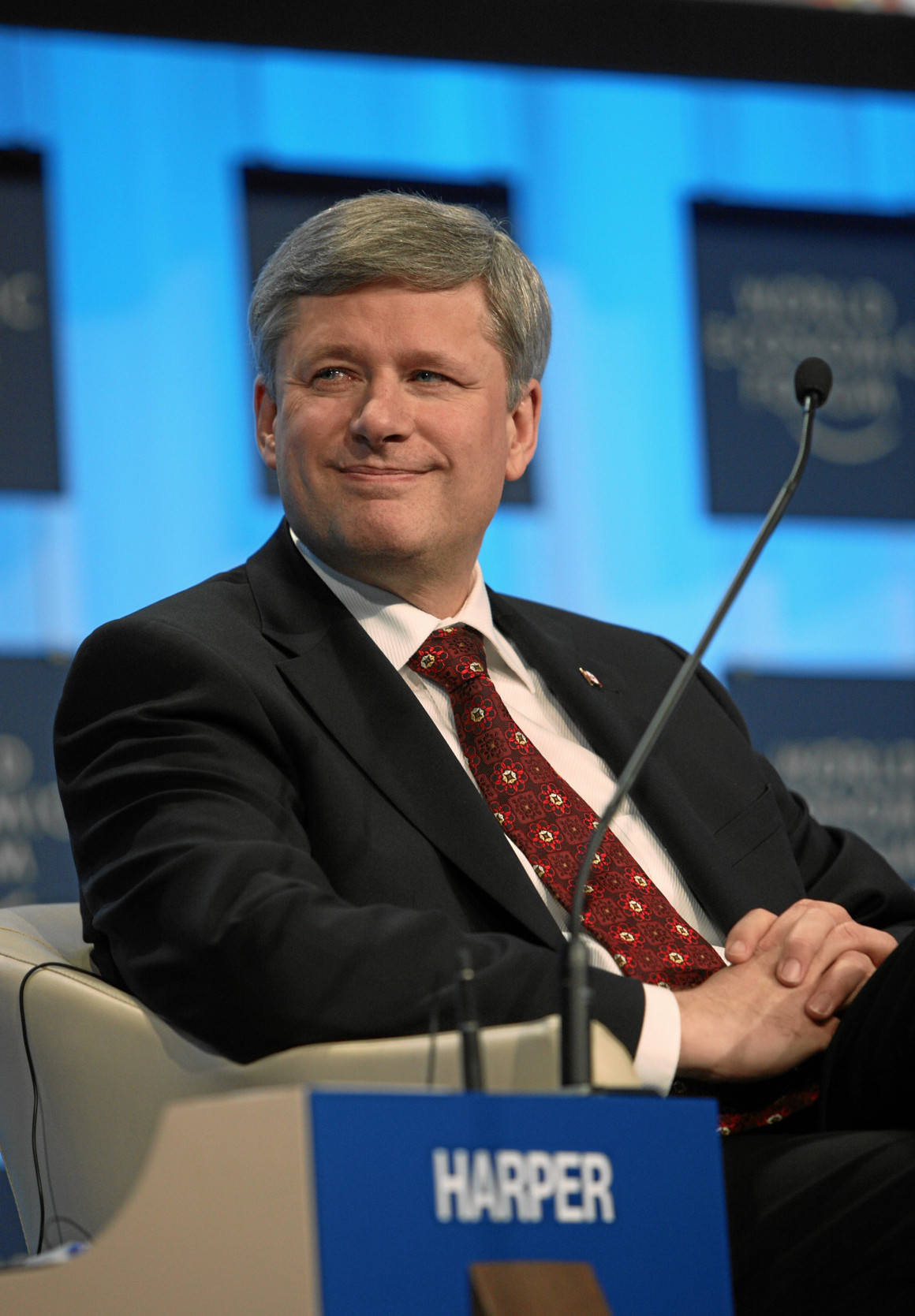
Congress panel discuss 10 years under Stephen Harper
By Babur Ilchi, June 7 2016 —
The Canadian Political Science Association hosted a panel discussion reflecting on Canada’s decade of governance under Stephen Harper’s Conservative Party at the University of Calgary on June 2.
The panel was part of the 2016 Congress of the Humanities and Social Sciences, which brought 8,000 academics to campus from May 28 – June 3.
Panellists included Harper’s former Chief of Staff Ian Brodie, U of C political science professor Tom Flanagan and former Reform Party leader Preston Manning. Jonathon Malloy of Carleton University moderated the panel in front of a packed theatre.
Panellists first discussed Harper’s major accomplishments, such as reuniting the Canadian Alliance.
“I think the biggest accomplishment is the reconstitution of the right,” Flanagan said. “This was a task that most people said couldn’t be done, [but] he achieved it.”
The panellists agreed Western Canada gained political momentum during the Harper decade, citing population and economic growth as two factors contributing to the west as a relevant political force in Canada.
Manning compared the “old west” and the “new west.”
“The old west had a bunch of grievances. One of the transitions is that it’s not Westerners seeking power. They have ideas [about] advancing the nation as a whole,” Manning said.
The discussion turned to the rise of the permanent campaign in Canada.
“In that period of time, Conservatives brought in strategies not used by other parties,” Flanagan said. “Keeping a campaign manager all the time, and once they got into power they started integrating tactics. I think for better or worse, the permanent campaign came to Canada, but it probably would have happened anyways.”
Brodie said the Conservatives ran an aggressive fundraising campaign during the recent federal election, despite the quarterly vote subsidy — the per-vote subsidy funded by tax dollars — being eliminated in spring 2015.
“We had a lot of cash to burn,” Brodie said. “They knew we could keep campaigning and they knew we knew they couldn’t.”
Audience questions for the panellists ranged from Harper’s foreign policy and armed forces record to a 1997 advertisement accused of being anti-Québec and extremist.
“From a political perspective, it served its purpose,” Manning said of the ad. “People were tired of the Québec tail wagging the Canada dog.”
Manning also discussed the difficulty of creating a conservative party that reflected a national view. He said five different conservatives can have different ideas on conservatism.
“How do you balance traditional and revolutionary, top-down and bottom-up? It’s one of the challenges of running this country,” Manning said.
